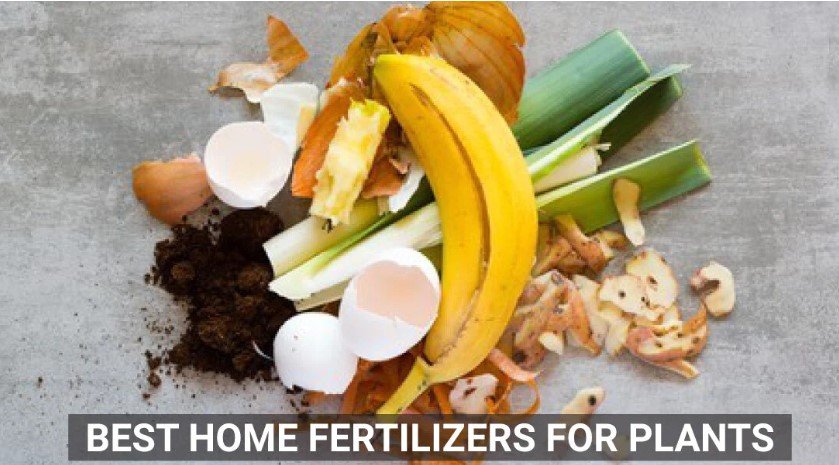Table of Contents
Natural source of NPK for plants from Kitchen waste
Gardening is an excellent way to spend your time and to feel the joy of growing your own organic food, but as a gardener have you ever felt
- Why your garden plants are unhealthy, and growth is very slow?
- Why do diseases occur to plants and die?
- Why are plant leaves turning yellow and falling off?
- Why are plant flowers falling off and not turning into fruits?
- Why are your garden plants producing very low yields?
Only solution to all the questions is by the providing required Nutrients in different stages of the plant growth
Macronutrients (NPK) and Micronutrients like sodium, Calcium, zinc, manganese, iron, copper, etc.. play a very important role in every plant’s growth in its life cycle from seed to harvest.
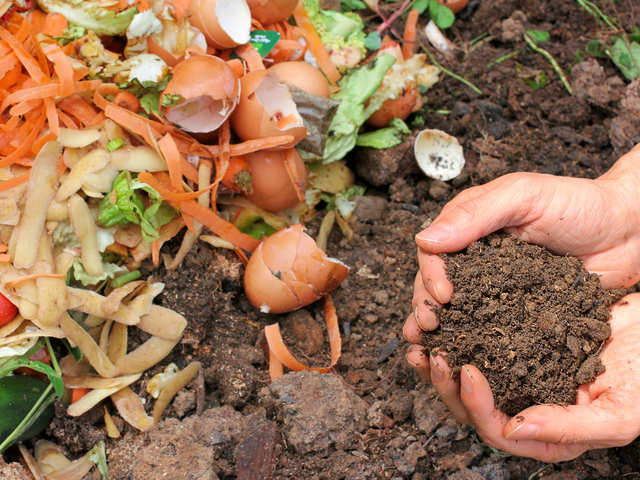
Three macronutrients Nitrogen (N), Phosphorus (P), and Potassium (K) is most important for the 3 stages of plant growth
Nitrogen (N):
Nitrogen is responsible for the leaf and stem growth of a plant.
Phosphorus (P):
Phosphorus helps in root growth and flower production
Potassium (K):
Potassium also known as potash helps in fruit production and provides disease resistance to the plant
Naturally we can source all the required plant nutrients from the kitchen waste. Turn your kitchen waste into organic fertilizer
Sources of NPK from Kitchen Waste:
Below is the source of NPK `which we can source from bits of food that are left over from cooking
Sources of Nitrogen (N):
- Used tea leaves or tea bags and coffee grounds.
- Diluted liquid Fish Emulsion.
- Manure from rabbits, cows, goats, sheep, and chickens can be used as a source of Nitrogen.
Sources of Phosphorus (P):
- Egg Shells contain phosphorus and magnesium and calcium which is an ideal supplement and feed for outdoor flowers, vegetables, and fruit trees in your garden.
- Other sources of Phosphorus are wood ash, banana Peel, apple peels
Sources of Potassium (K):
- Banana Peels, Orange peels, Pomegranate Peels, Apple peels wood ash contain high in potassium which helps fruits, and flower production and provides disease resistance in plants
Scrap from your Fruits and Vegetables are the mixture of all the nutrients and plants love those nutrients to grow faster
Kitchen waste you can use as Organic fertilizer for your garden plants
Next time don’t through your vegetable and fruit peels into a dustbin instead use them as fertilizer for the plants
Banana Peels:
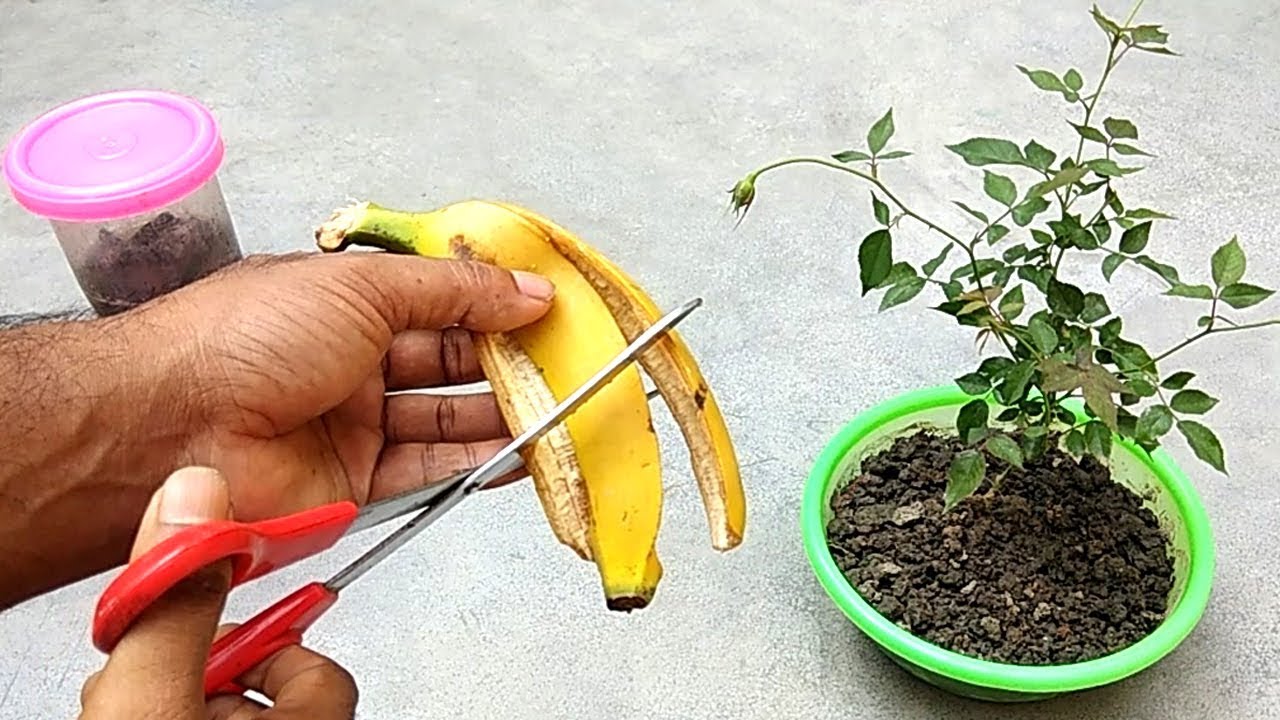
Banana peels are rich in potassium, manganese, and calcium, which encourages growth and increase flowering and fruit production. Banana peels raise the macronutrients in the soil, add them when the plants are in the flowering and fruiting stage for better yield
Orange peels:
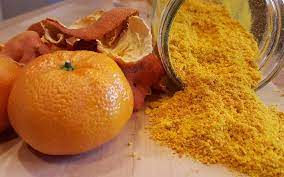
Orange peels contain potash, iron, zinc, calcium, and citrate, which is excellent for green vegetables and other fruits. You can also grind them into a powder and sprinkle them on the soil.
Mango and Lemon Peels:
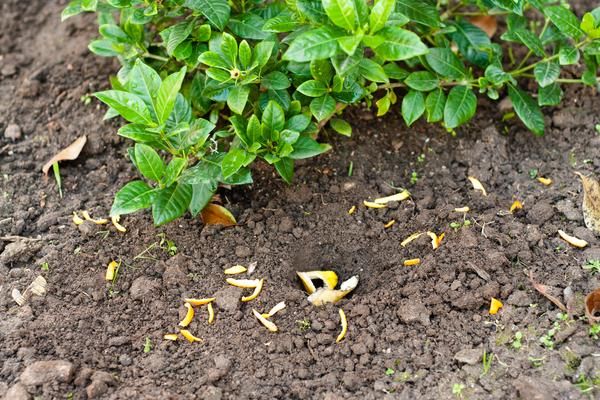
Green Mango and Lemon/Orange Peels are an excellent source of nitrogen, phosphorus, potassium, vitamins A, C, and B6, copper, and Zinc
Lemon peels can also be used to acidify the soil. Dry the Lemon/Orange peels and crush them into a powder and sprinkle them on the soil
Egg Shells:
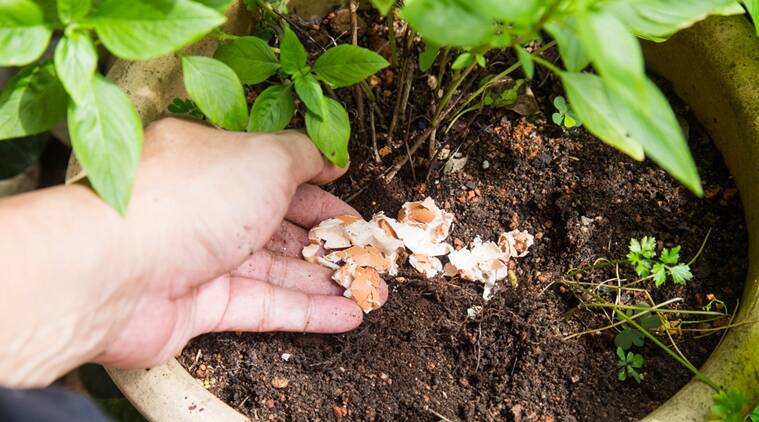
Eggshells increase the soil PH and it’s an ideal supplement and feed for flowers and vegetable plants in your garden.
Egg Shells contain phosphorus and magnesium and calcium which is an ideal supplement and feed for outdoor flowers, vegetables, and fruit trees in your garden
Used Tea Bags:
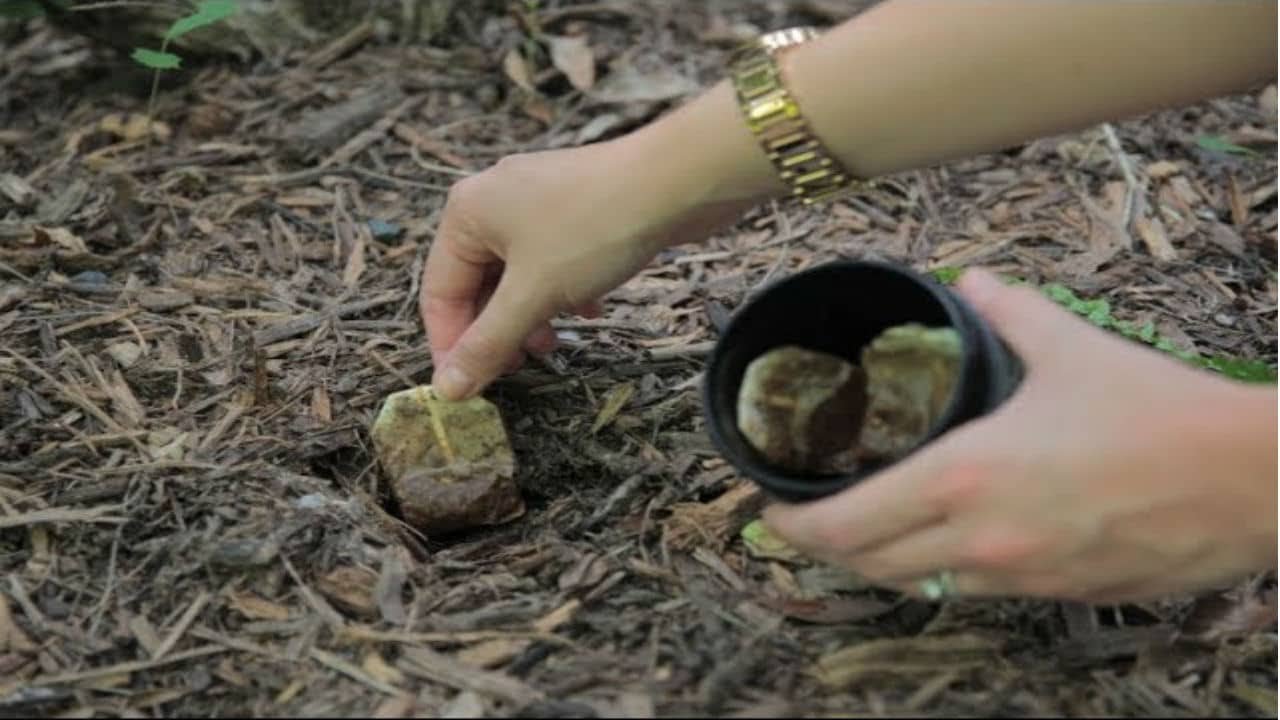
Used tea leaves or tea bags contain high Nitrogen and moderate potassium and Phosphorous.
Pomegranate Peels:
Pomegranate peels contain potassium, iron, calcium, copper, phosphorous, and zinc which helps fruits, and flower production in plants
Apple peels:
Apple peels are loaded with potassium, Vitamin A, vitamin C, folate, iron, calcium, and phosphorus helps fruit and flower production in plants
Some other useful gardening tips:
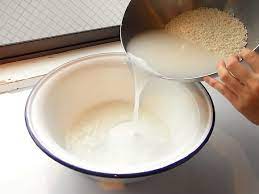
- According to research, rice water is better than tap water and helps plants to grow
- Scraps from your Fruits and Vegetables are a mixture of all the nutrients and plants love those nutrients to grow faster.
- Add potassium when your crop starts to flower and fruit
- Include a few flower plants in your vegetable garden, which attract beneficial insects and act as natural pest repels
- For getter, seed germination rate Keep the soil moisture till the seeds get germinate
- Water the plants twice during the summer. And once in winter and not recommended to water in the rains
Follow WalPencil to get to know cultivation and gardening tips like vegetables and their nutritional values

